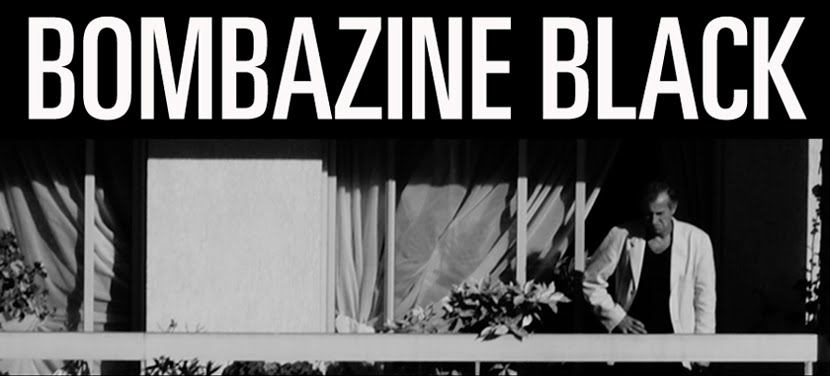CRUEL, challenging, eerily beautiful, Cageling is derived from Spanish playwright Federico Garcia Lorca's The House of Bernarda Alba, the story of a widowed mother's imposition of an eight-year period of mourning on her five sheltered daughters - a rule that attains the level of tyranny.
Lorca's original play is present in fragments only, part of a text made up of passages from Ovid's telling of the Philomena and Procne story, a ringing score by composer Matt Davis, excerpts from the poems of Ana Rossetti, and a physical language that runs the gamut from the balletic to the palsied.
The action is in a sealed room, sparsely furnished, painted white, lit by stuttering fluorescent tubes. We observe them through a window that mother and daughters occasionally peer through. Perhaps they see us, perhaps not.
The opening passage is related in a series of wordless tableaux, with Alba as a kind of monstrous choreographer chivvying her daughters into correct postures and acceptable attitudes. All wear closely fitted black dresses and ballet pumps. Veils are drooped over their faces. A microphone is present though none feels willing or able to use it for 20 minutes or so.
Performance troupe The Rabble play a dangerous game here. There's no doubt the opening gambit builds a level of need in their audience - a need for release echoing the stymied desires on display - but it also sets up a barrier that is never truly broached, even when the repressive culture that Alba enforces explodes into mania and bestial savagery. Though Cageling is fascinating to observe, its remoteness might be off-putting for some.
The shaven headed, somewhat priestly Daniel Schlusser is Alba and he gifts her with the monomaniac - almost comic - intensity of a James Bond villain. Dana Miltins, Jayne Tuttle, Mary Helen Sassman and Pier Carthew are the daughters and all maintain a seething stillness until, one by one, they rebel.
Like their convulsive take on Oscar Wilde's Salome in 2008, Cageling is difficult work. It is also rewarding and likely to haunt the memory.
by Jason Blake
SMH link
Lorca's original play is present in fragments only, part of a text made up of passages from Ovid's telling of the Philomena and Procne story, a ringing score by composer Matt Davis, excerpts from the poems of Ana Rossetti, and a physical language that runs the gamut from the balletic to the palsied.
The action is in a sealed room, sparsely furnished, painted white, lit by stuttering fluorescent tubes. We observe them through a window that mother and daughters occasionally peer through. Perhaps they see us, perhaps not.
The opening passage is related in a series of wordless tableaux, with Alba as a kind of monstrous choreographer chivvying her daughters into correct postures and acceptable attitudes. All wear closely fitted black dresses and ballet pumps. Veils are drooped over their faces. A microphone is present though none feels willing or able to use it for 20 minutes or so.
Performance troupe The Rabble play a dangerous game here. There's no doubt the opening gambit builds a level of need in their audience - a need for release echoing the stymied desires on display - but it also sets up a barrier that is never truly broached, even when the repressive culture that Alba enforces explodes into mania and bestial savagery. Though Cageling is fascinating to observe, its remoteness might be off-putting for some.
The shaven headed, somewhat priestly Daniel Schlusser is Alba and he gifts her with the monomaniac - almost comic - intensity of a James Bond villain. Dana Miltins, Jayne Tuttle, Mary Helen Sassman and Pier Carthew are the daughters and all maintain a seething stillness until, one by one, they rebel.
Like their convulsive take on Oscar Wilde's Salome in 2008, Cageling is difficult work. It is also rewarding and likely to haunt the memory.
by Jason Blake
SMH link

No comments:
Post a Comment